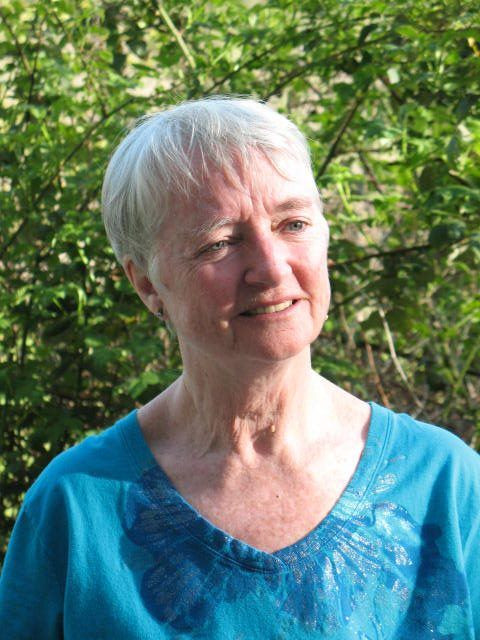Naveena Shine Will Stop 'Living On Light' After 47 Days Without Food [Video]

Naveena Shine, a 65-year-old Seattle woman who is attempting to live on light by fasting for 100 days said she will stop her fast on Wednesday, after 47 days of consuming only water and tea.
On day 44, she posted a video on YouTube announcing that she would begin consuming juices and broths within the coming weeks to acclimate herself to solid food again. She said the reason for ending her experiment was financial, claiming that she would lose the space she was living in, the phone, and internet service on Wednesday. However, she said "there is nothing like the black and white clarity of money for bringing important messages into our lives," and called it "a simple message from the universe that it is time to stop."
"After 47 days, I still feel really good, weight loss is slowing and all seems well," she said on Facebook. "However, I still have no evidence that I am actually living on light and it could well be slow starvation. ... Now that I am ending the experiment I will never know."
She began the experiment to spread a movement based on the idea that living on light from the sun "could save the planet from the utter destruction we are inflicting on it." She also believes that humans' bodies are meant to provide for themselves, and that less time spent worrying about food can lead to more enjoyment of life.
"If you look at food as an addiction, then when you get off the addiction, what I'm suggesting is that there is another source of nourishment that is already installed within our bodies," Shine said. "But of course we eat, we suppress it, we don't use it."
Dr. Ronald Hoffman, medical director of the Hoffman Center and host of a weekly health podcast, said it is "delusional to think that you can escape the laws of biology."
"Plants have what are called chloroplasts that contain chlorophyll and they have the ability to capture energy from sunlight," Hoffman said. "Humans don't have chlorophyll or chloroplasts. No humans do. It is impossible for a human to have that. Therefore they have to derive energy from external sources, that can be either fat or protein or carbohydrates, but it can't be sunlight."
Shine, who started the experiment at 159 lbs. is now 125 lbs. She admitted in a video at four weeks that she needed more rest than usual, could not get up too quickly, and experienced leg cramps. She also said that she would become nauseated and light-headed at times, and that her extremities felt cold.
People who alter their food consumption whether by choice or because of an eating disroder face serious health risks due to a lack of nutrients, including heart failure, brain damage, brittle hair and nails, low blood pressure, osteoporosis, lethargy, anemia, and muscular weakness.
Still, Shine, who is originally from Birmingham, U.K., said "a doctor can't see living on light because he looks through different lenses." Many of the commenters on her Facebook page exhibit this sentiment, as she's received comments ranging from support to people urging her to stop.
"From the feedback I am getting, it is becoming patently clear that most of the world is by no means ready to receive the information I am attempting to produce," she said in her blog. "Even if it were true that a person can 'live on light' and I were successful in demonstrating that, I see that it would be synonymous with putting a non-driver behind the wheel of a huge truck. It would be an accident in the making."
It is possible for humans to last a long time without food. In 2003, the magician David Blaine survived for 44 days without food and ony water, however, he experienced an irregular heartbeat because of a lack of potassium and thinning of his heart's walls. Last year, a man was found in his car, buried under snow for two months, claiming he survived on nothing but snow — photos later showed there were food wrappers in the car, however, he was still able to survive on very little food.
Experts believe it's possible to survive for two months without food, but when it comes to 100 days, even Shine says she has "no idea" if she could.
"Personally, do I think it's possible? For me it's still a question," she said. "I see much more evidence to show that yes, it's possible, but I also see that it has to come from the inside. I'm not willing to risk either my life or other people's lives."



























